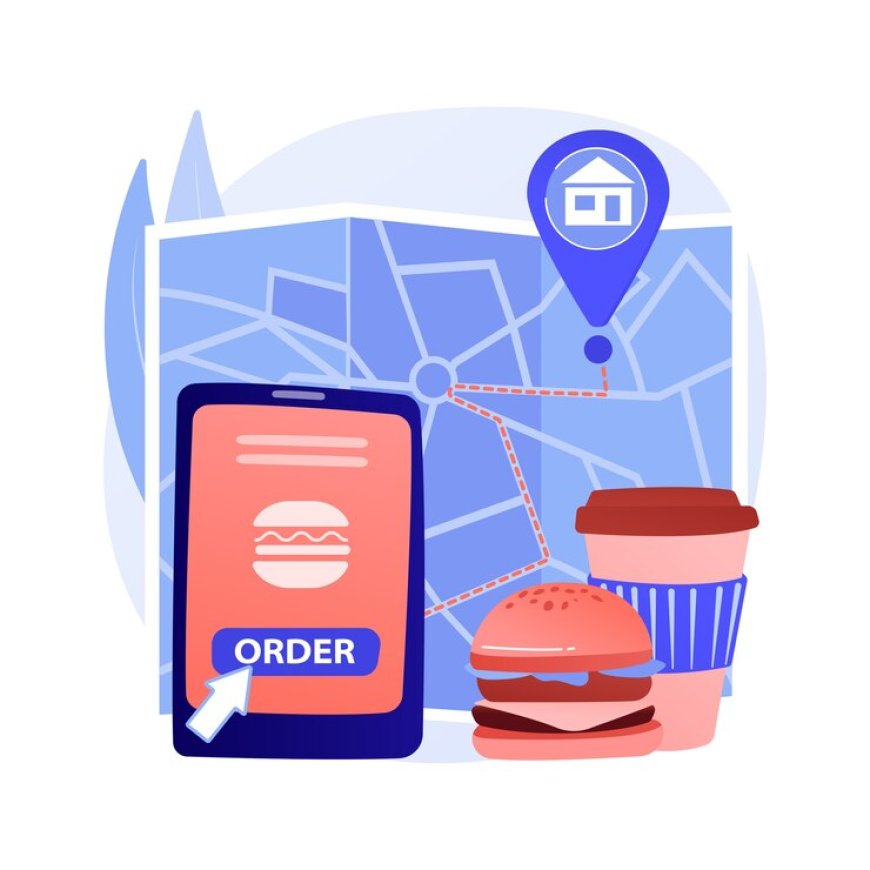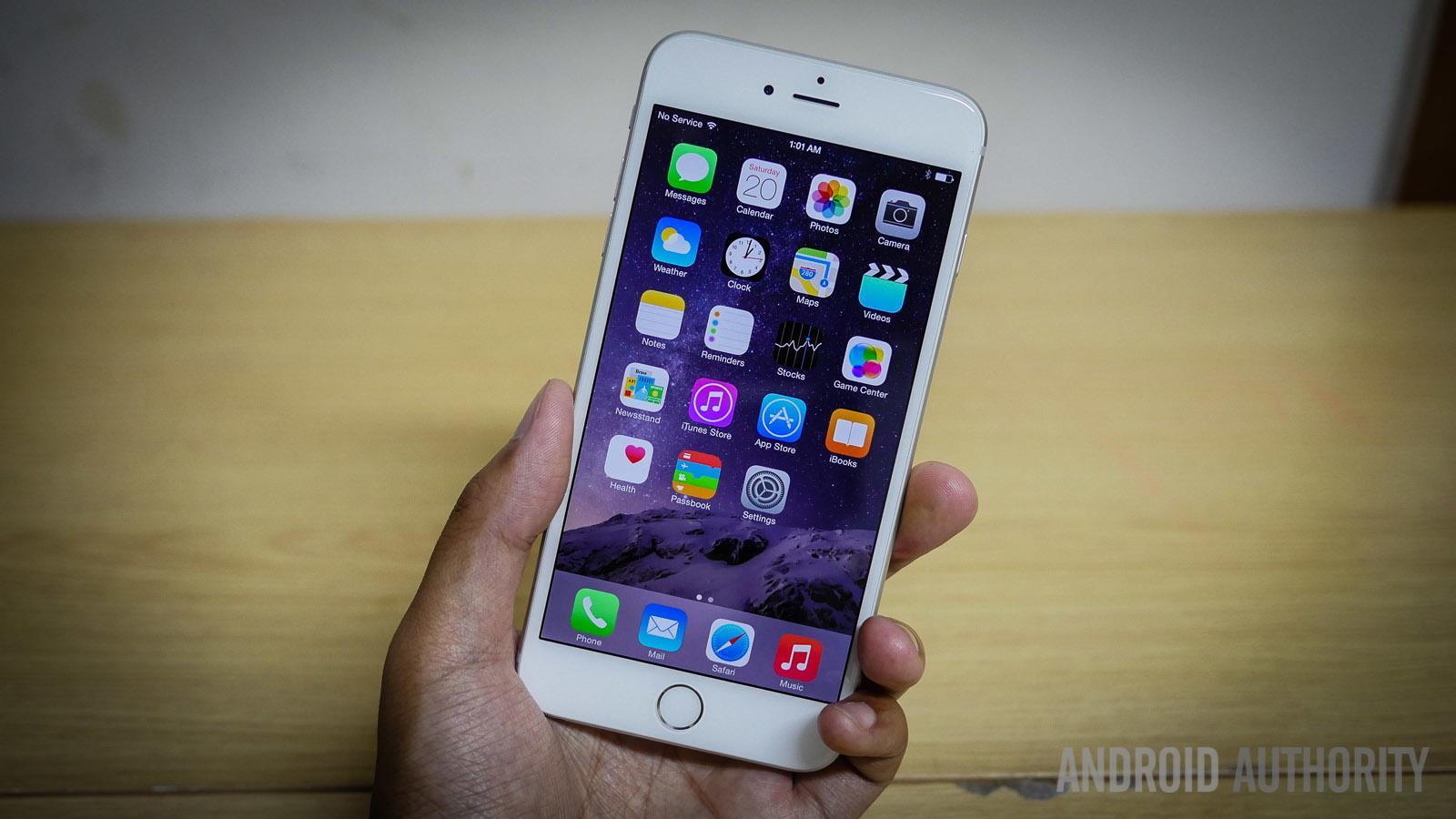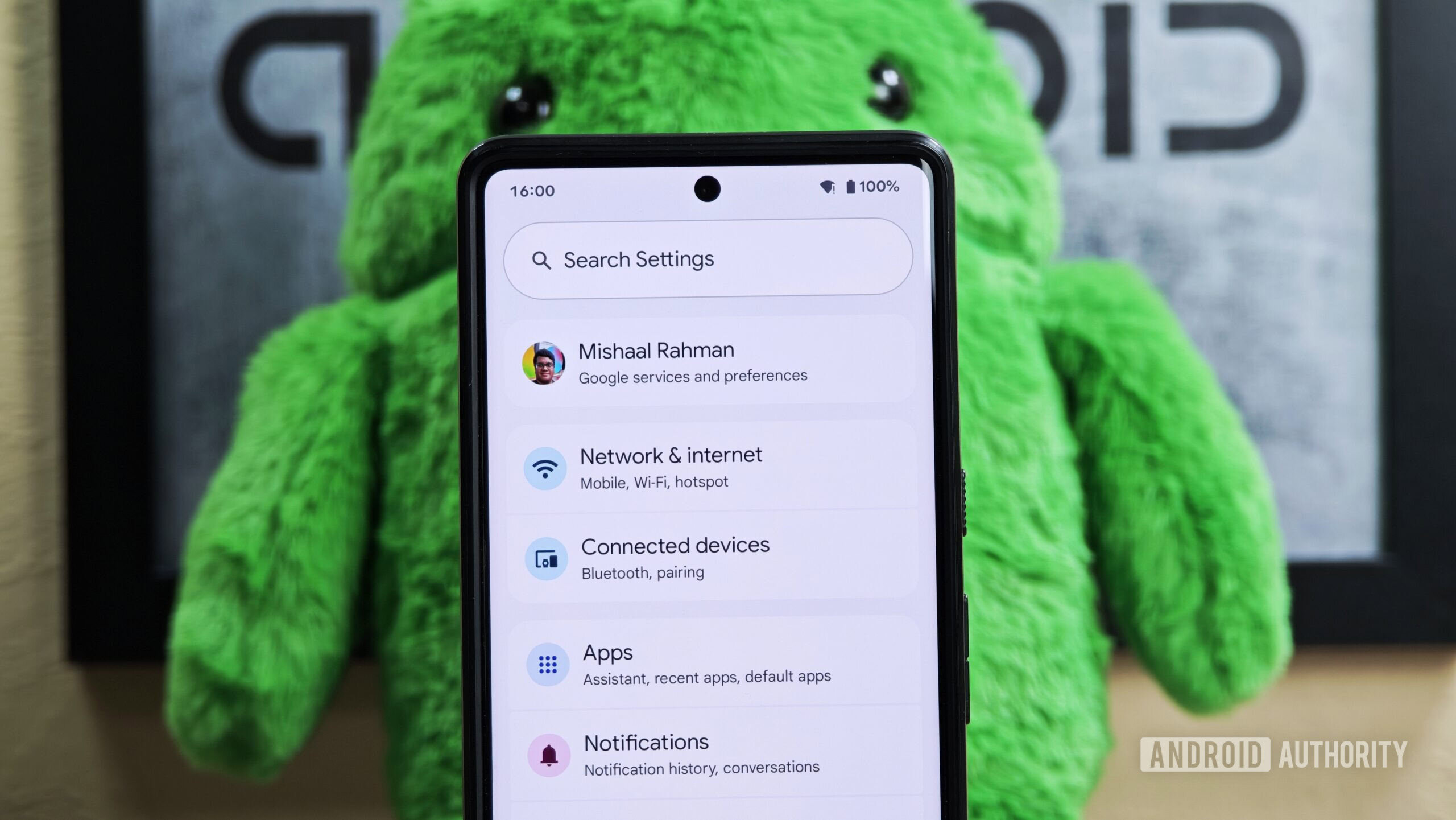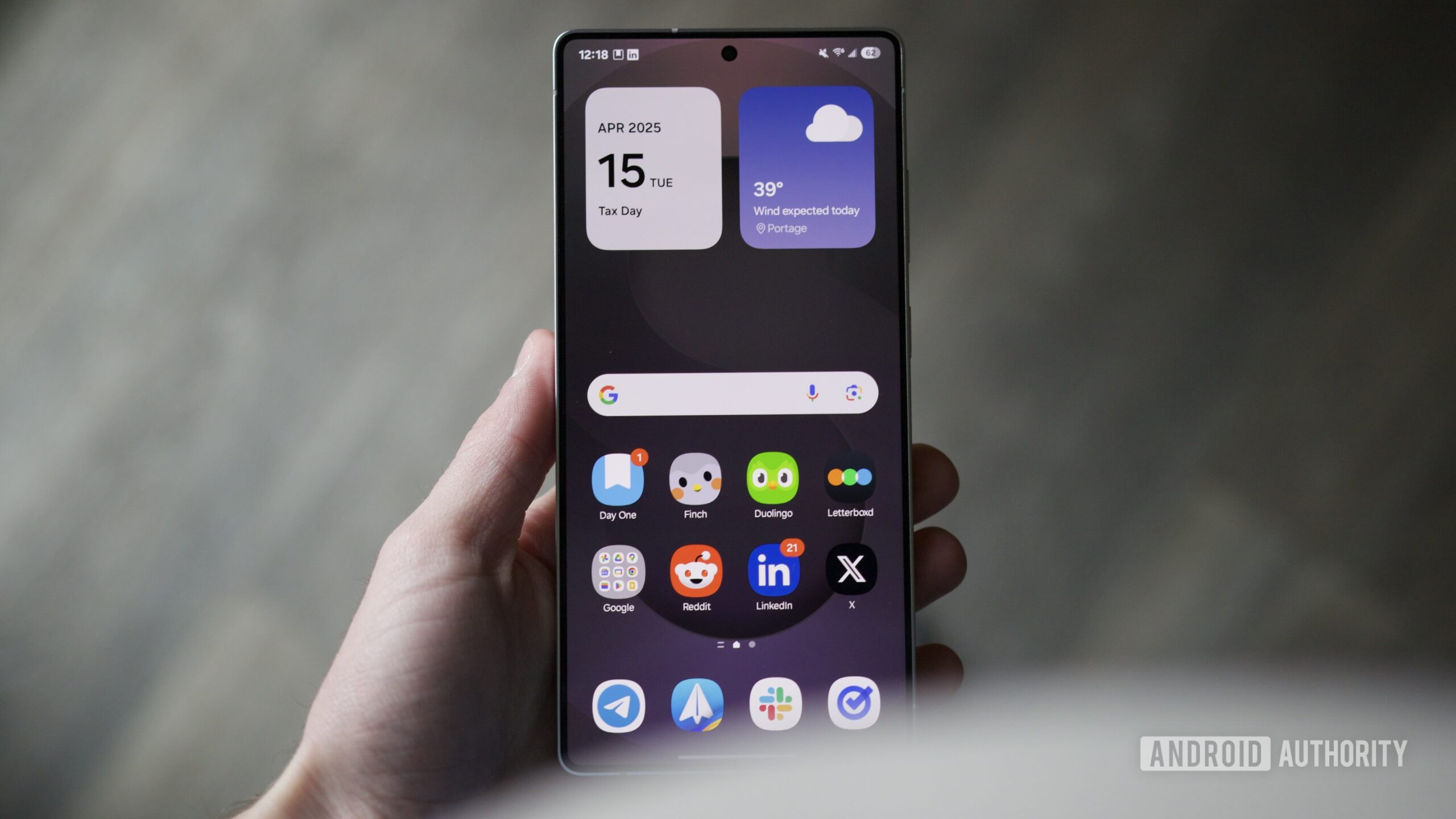How Secure Are Restaurant Table Booking Apps for Personal Data?
Discover how restaurant table booking apps handle your data. Stay informed about the security measures in place to protect your information.

In recent years, a restaurant table booking app has become increasingly popular, revolutionizing the way diners make reservations. While these apps offer convenience and efficiency, they also raise significant concerns regarding the security of personal data. This article delves into the various aspects of data security in restaurant table booking apps, examining potential vulnerabilities and the measures taken to protect user information.
Understanding the Importance of Data Security
As users increasingly rely on mobile applications for daily activities, the amount of personal information shared has grown exponentially. Restaurant table booking apps often require users to provide sensitive data, including names, phone numbers, email addresses, and payment details. This information is crucial for creating a seamless dining experience, but it also poses risks if not handled correctly.
Data breaches can lead to identity theft, financial fraud, and a loss of trust in the service provider. Therefore, understanding the security measures in place within these apps is vital for users who want to protect their personal information.
Common Vulnerabilities in Table Booking Apps
Data Transmission Risks
One of the most significant vulnerabilities in restaurant table booking apps is data transmission. When users input their personal information, it is typically sent over the internet to the app’s servers. If this data is not encrypted, it can be intercepted by malicious actors during transmission. This risk is especially pronounced when users connect to public Wi-Fi networks, where data can be more easily accessed.
Insecure Data Storage
Another area of concern is how apps store personal data. If an app does not implement robust security measures, such as encryption or secure access controls, stored data may be vulnerable to breaches. Insecure databases can become prime targets for hackers, leading to unauthorized access to users’ personal information.
Lack of Regular Updates
Many apps, including restaurant table booking apps, may not receive regular security updates. Developers must address vulnerabilities as they arise to protect users from potential threats. If an app is not maintained, it may become outdated and more susceptible to attacks.
Security Measures Implemented by Apps
Data Encryption
To mitigate the risks associated with data transmission, many restaurant table booking apps implement encryption protocols. Secure Socket Layer (SSL) encryption is commonly used to protect data as it travels between the user’s device and the app’s servers. This encryption scrambles the data, making it difficult for hackers to read even if they manage to intercept it.
Secure Payment Processing
Most reputable table booking apps partner with trusted payment processors to handle financial transactions securely. These processors utilize advanced security measures, including tokenization and encryption, to protect sensitive payment information. By outsourcing payment processing, apps can reduce their liability and enhance security for users.
User Authentication
To further safeguard personal data, many apps require users to create accounts with strong passwords. Some apps also incorporate two-factor authentication (2FA), an added layer of security that requires users to verify their identity through a second method, such as a text message or email. This additional step helps ensure that only authorized users can access their accounts.
Regulatory Compliance
In many regions, data protection laws govern how businesses handle personal information. For instance, the General Data Protection Regulation (GDPR) in the European Union imposes strict requirements on how companies collect, store, and process user data. Restaurant table booking apps operating in these regions must comply with such regulations to avoid legal repercussions and ensure user data is treated responsibly.
Transparency and User Consent
Regulatory frameworks often emphasize the importance of transparency in data handling practices. Users should be informed about what personal data is collected, how it will be used, and with whom it will be shared. Many apps include privacy policies that outline these practices. Users should take the time to read these documents to understand how their data is protected and utilized.
Best Practices for Users
While developers and companies implement security measures, users also play a crucial role in protecting their data. Here are some best practices to follow when using restaurant table booking apps:
Choose Reputable Apps
Selecting a reputable and well-reviewed table booking app is essential. Users should research apps before downloading and look for those that prioritize data security and user privacy. Reading user reviews can also provide insight into the app's reliability and security practices.
Use Strong Passwords
Creating strong, unique passwords is crucial for safeguarding accounts. Users should avoid using easily guessable passwords and consider utilizing password managers to keep track of different passwords for various apps.
Be Wary of Public Wi-Fi
When making reservations or entering personal information, users should avoid using public Wi-Fi networks. If necessary, consider using a virtual private network (VPN) to encrypt data and enhance security when accessing sensitive information.
Regularly Update the App
Keeping the app updated is essential for maintaining security. Developers often release updates to address vulnerabilities and enhance features. Users should enable automatic updates or check for updates regularly to ensure they are using the latest version.
Conclusion
As the popularity of restaurant table booking apps continues to grow, so too do concerns about personal data security. While these apps offer convenience, they also come with risks that users must be aware of. Partnering with an on-demand app development company to understand common vulnerabilities and the security measures in place can help users make informed decisions. By following best practices and choosing reputable apps, users can significantly enhance their data security while enjoying the benefits of modern technology.
What's Your Reaction?
 Like
0
Like
0
 Dislike
0
Dislike
0
 Love
0
Love
0
 Funny
0
Funny
0
 Angry
0
Angry
0
 Sad
0
Sad
0
 Wow
0
Wow
0




















































